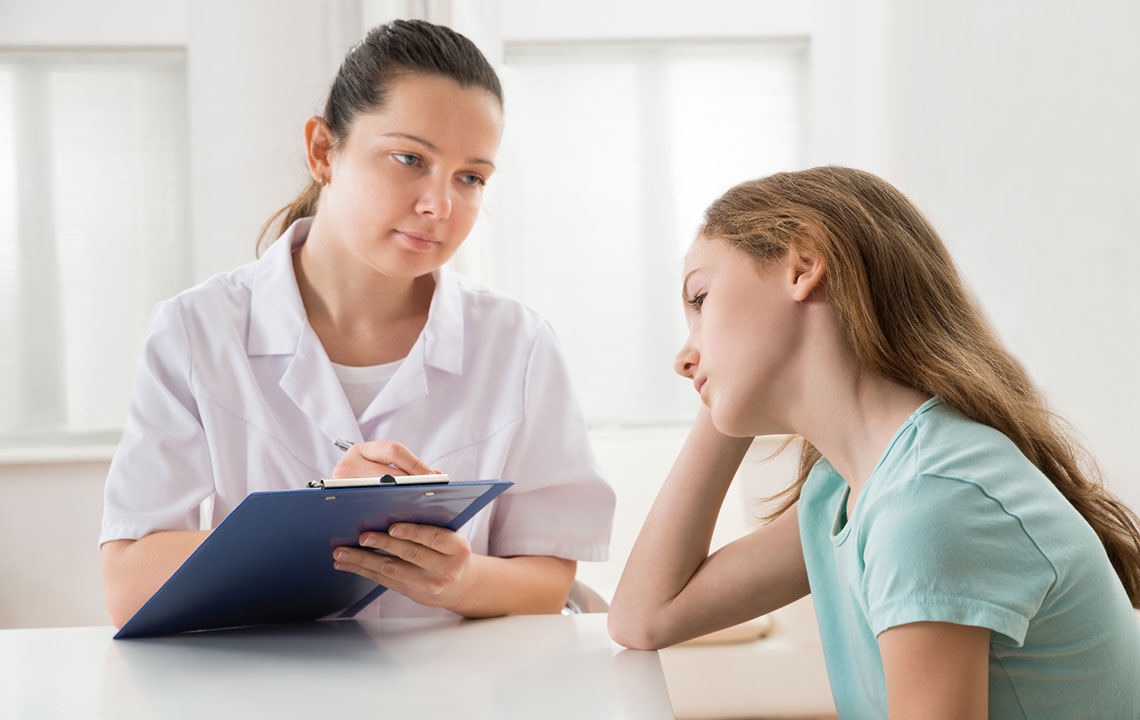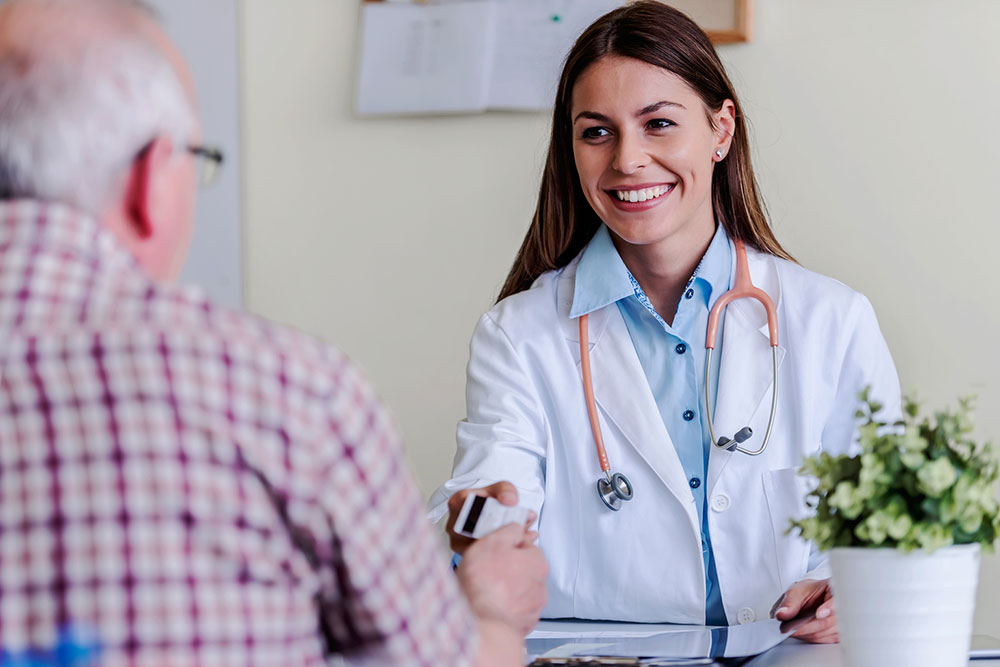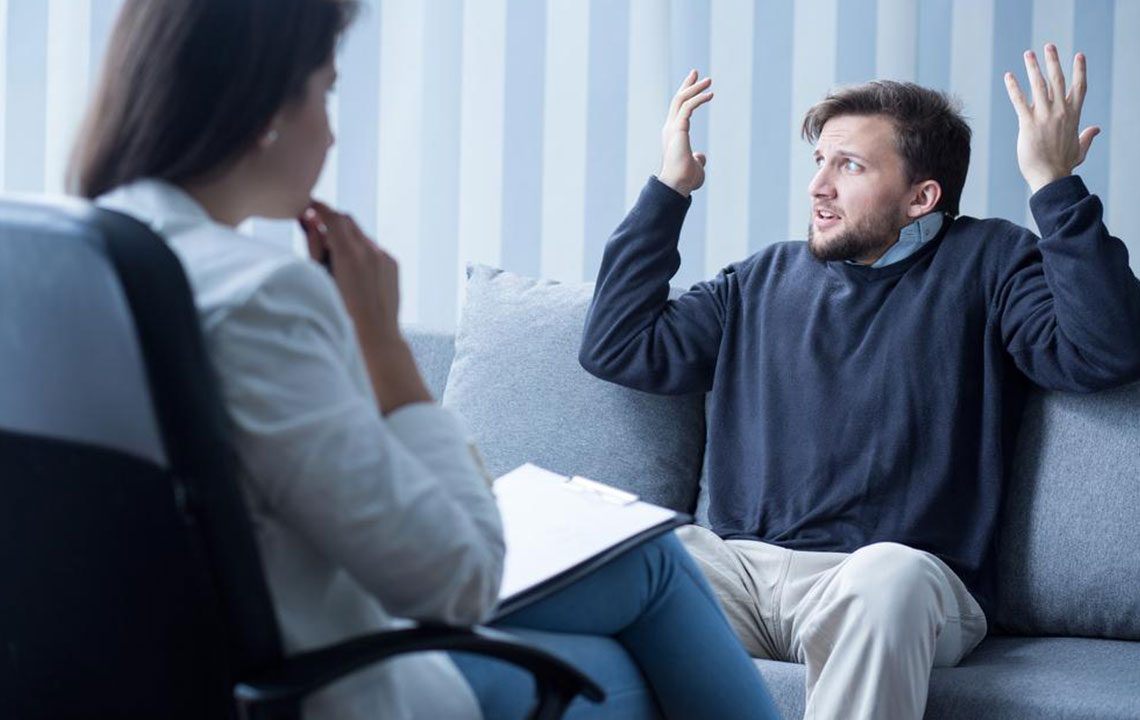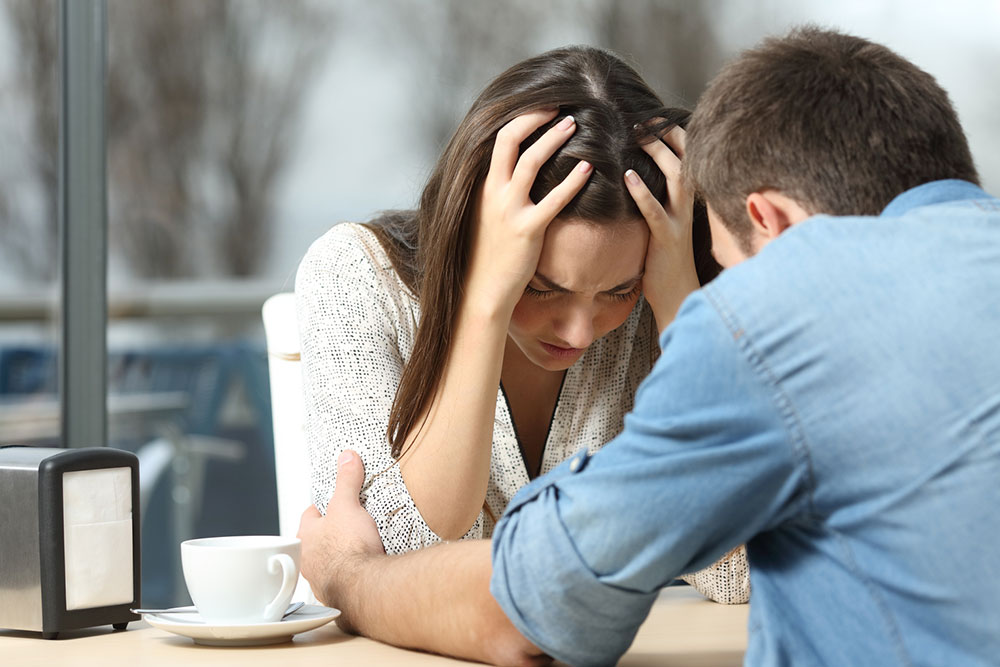Effective Strategies for Managing Depression in Treatment Centers
Explore comprehensive depression management strategies available at treatment centers. From therapy and medication to lifestyle changes, these approaches aim to support recovery from depression. Learn about effective treatments like CBT, pharmacology, ECT, and supportive therapies designed to improve mental health and quality of life.

Effective Strategies for Managing Depression in Treatment Centers
Depression results from a complex combination of genetic, psychological, biological, and environmental factors. Although confirming neurotransmitter imbalances as the cause has been challenging, brain imaging reveals distinct patterns in affected individuals. These insights don’t fully explain or diagnose depression, prompting ongoing research into its origins. Genetics, environment, and personal experiences all contribute to the condition. Stressful events like loss, relationship conflicts, substance use, health issues, and certain medications can trigger depressive episodes. While no universal cure exists, various therapies available at mental health facilities support recovery.
Common treatments employed in depression treatment centers include:
Cognitive Behavioral Therapy (CBT)
CBT focuses on modifying negative thoughts associated with depression. It assists patients in recognizing harmful beliefs, identifying triggers, and adopting healthier coping mechanisms. This goal-oriented therapy promotes behavioral activation through engaging activities, aiming to improve mood. Typically lasting 14 to 16 weeks, CBT uses techniques like role-playing, Socratic questioning, and visualization to empower patients in their healing journey.
Pharmacological Interventions
In cases where therapy alone isn’t enough, antidepressant medications can help balance brain chemistry and reduce symptoms. It’s essential to consult healthcare professionals about other medications to ensure safe, effective treatment.
Psychotherapy
This approach explores emotional issues and behavioral patterns, aiming to strengthen mental health and social skills. Evidence-based psychotherapy methods are frequently used in depression clinics to facilitate recovery.
Group Therapy
Group sessions allow individuals to share experiences, offering mutual support and learning from others facing similar challenges.
Electroconvulsive Therapy (ECT)
ECT involves the controlled use of electrical impulses to induce seizures, primarily used for severe, treatment-resistant depression and suicidal thoughts. Although often misunderstood, ECT can be life-saving, providing rapid relief. It requires patient consent and may involve multiple sessions, as effects can be temporary.
Light Therapy
This treatment uses artificial light to mimic sunlight, effectively alleviating seasonal affective disorder during darker months.
Simple lifestyle changes such as improved diet, regular exercise, adequate sleep, and stress reduction also play vital roles. Often, a combination of these strategies yields the best outcomes in managing depression.


